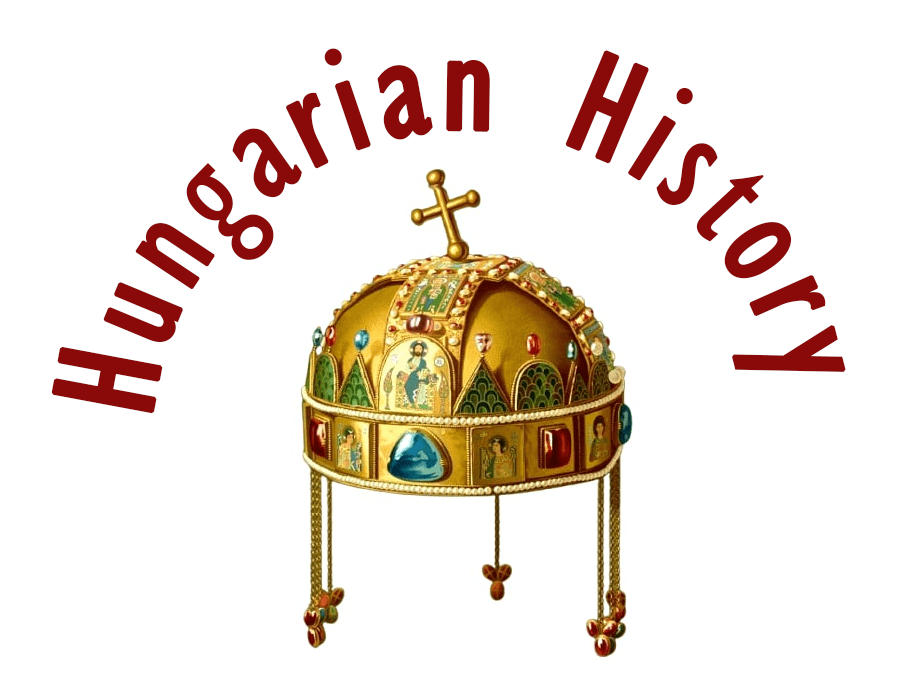The Origin and Childhood of King Matthias Corvinus

His Origin
Ethnicity and origin of King Matthias Corvinus: How did Zrínyi Miklós (Nikola Zrinski), the Hungarian-Croatian warrior-poet, see the origin of King Matthias after 167 years of his death? As for King Matthias, Mátyás király, he considered himself a Hungarian, as all of us Hungarians claim. In my opinion, it is better to describe people by their deeds and not by their origins. We must focus on what they have achieved and what goals they have set. And what they said about their own identities as well.

Did ethnicity and origin matter at all in this age when the Hungarian Kingdom was caught between two empires, the Holy Roman and the Ottoman?
It is so sad that the origin of Hunyadi and Zrínyi is such a divisive issue between the sons of the local nations. But we know that the whole debate is about politics. Instead of dividing us, it should be a strong source of integration, a strength to rely on each other.

There was a Renaissance term “Hungarus” used in Hungary: there were Latinists in the kingdom who applied this term to their identity. They were not Hungarians by birth, but they called themselves “Hungarus”. At that age, love for the country and loyalty to the king and the church were more important than the language they spoke. At that time, there was no sense of nationality; instead, identification with the country was the link between the inhabitants of different nationalities.

Let us see how the Hungarian-Croatian Zrínyi Miklós saw the origin of the Hungarian-Wallachian who-knows-who-else-claimed Matthias Corvinus Rex in 1657. It was no coincidence, however, that Zrínyi decided to call attention to a national king when Emperor Habsburg Ferdinand III, and from 1658 Leopold was ruling the country. The Habsburgs in Vienna were not overjoyed with Zrínyi’s essay, which he wrote in the Hungarian language, “horribile dictu”. They gossiped that Zrínyi might want the Hungarian throne for himself. Here is an excerpt from his work:

„If there had been other monarchs like him after the death of this glorious king, we would not be mourning over our danger and misery. A Phonix is not born every second, and nature has to work for many hundreds of years to form such a man who can be the healer of the indignation of the world and countries as well as the enlightener of his nation.
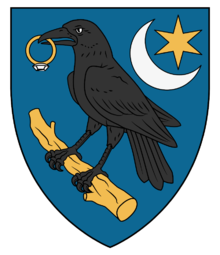
The good King Matthias was like this, and perhaps there were no, or only very few, Christian rulers after him who could be compared to him, for truly, their value would suffer much beside Matthias, their brightness would fade like the light of the stars when the sun begins its attack. Because of my delight in his royal morality, I had decided during the last two weeks to write down my thoughts about him.
(…)
My quill will falter in counting the ancestors of King Matthias, even the historians have disputed enough in this. Bonfini derives his genealogy from the ancient and glorious Corvinus family of the Romans, and I have believed him as he had written it; but the Hungarian writers do not agree with him, saying that the king descended from a boyar woman of King Zsigmond’s lover, not from their legitimate marriage, but from the desire of love. If that had been the case, there would have been no shame in it…

Look at the strong and brave Hercules, who had filled the world with the resonance of his beautiful name, whose son was he? He was Jupiter’s, from Alcmena. We also do not know the origin of hundreds of noblemen with brave names, and we support our ignorance with stories. If Hunyadi János had been in the old writings, he would also have been connected with Jupiter, and it would have been almost impossible for him to be descended from a human being, because his good deeds are greater than those of other people. Hunyadi Mátyás was the son of Hunyadi János, and would that not be enough?

Historians, show me another father and another son like them if you can weave the genealogy of a king for a thousand years… Thus Hunyadi János brought light to Mátyás, he was the nice carbuncle who showed him to the Hungarians, who might not have found him so easily if the light had not fallen on him. He became king because of the deeds of his father, whom they would not have accepted as worthy of kingship otherwise.”
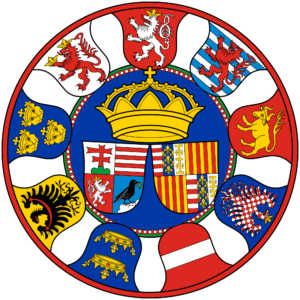
The story has not been finished with this, though. In a subsequent post, we will see how the king was related even to the Ottoman sultan… You can read about that here:
https://www.hungarianottomanwars.com/essays/was-king-matthias-related-to-sultan-mohamed-ii/
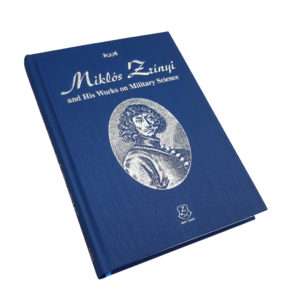
The Childhood of Matthias
It’s February 1443, in a two-story townhouse in the “treasure” city of Kolozsvár, in fabulous Transylvania. He was the noble guest of a certain vineyard owner named Méhffi Jakab, who had the honor of hosting the Voivode of Transylvania, Hunyadi János, and his family. Hunyadi had already proved himself in many campaigns, earning the name of “The Turkish Beater”, and King Ulászló appointed him lord of Transylvania.

Why such a powerful lord was a guest of a modest but simple vineyard owner is not known today, but it is certain that the castle of Vajdahunyad, the family nest, was no longer worthy of the power of the Hunyads, so János had it rebuilt and renovated. Perhaps for this reason, or perhaps for other reasons, but in any case, it happened that Hunyadi János’s wife, Szilágyi Erzsébet, was the one who built the castle on this on a bitterly cold winter day, 23 February 1443. Just one day before the day of Matthias the Icebreaker, perhaps that is why the little newcomer was given this name.

Little is known about Matthias’s childhood, but it is certain that János, who came from the lower nobility, wanted his sons, the eldest son László and little Matthias (his brother was already twelve when the future king was born), to receive the best education. He himself was a nobleman, but he had to work his way up from the common nobility, mainly thanks to his valor and good military skills. However, he had neither the time nor the opportunity to study the sciences, but what he did not have, he made up for in his sons, who were educated and trained by the best teachers.

Little Matthias’s first teacher was a Polish Latinist named Szánoki Gergely, who came to Hungary as King Ulászló’s tutor, but after the young monarch’s early death (1444) he was sent to the court of the Hunyadi family. Mátyás was barely two years old at the time, so Szánoki taught mainly László, returning to his homeland six years later.

According to some accounts, his later advisor, Vitéz János, who also served his father faithfully, was also his teacher. In any case, Matthias became a truly cultured little nobleman. He loved to read, knew Latin, German, Czech, Romanian, and Hungarian, and was well-versed in church and state law, as well as in the arts. This was of great use to him later as a ruler, and not without reason.

He is considered the greatest patron of Hungarian Renaissance culture. But it was not only his mind that he kept in shape, his body was also well trained: his father and brother taught him the arts of war and valor, and Matthias was able to swim across a wider river as a child. But Matthias had to grow up early. At the age of twelve, his father had already found him a bride: Erzsébet, the ten-year-old daughter of Cillei Ulrik, the main rival of the Hunyadi family, was the chosen one, and she was also the heiress of the vast Cillei estates. Erzsébet was then taken to the Hunyadi family, while Matthias was taken to the court of King László V, practically as a hostage.

He was thirteen years old when his father, the glorious “Turkish Beater” Hunyadi János, died in the plague epidemic that broke out after the triumph of Nándorfehérvár (August 11, 1456). Less than a year had passed when his brother László was beheaded – he was barely 14 years old.

Before László was killed, they went together to the court of King László V, although their father had promised them that they would never go to the king’s court together. The background is that Hunyadi László had Cillei Ulrik killed earlier, and King László V had the two Hunyadi boys arrested at his court at the insistence of the rival lords Garai László and Újlaki Miklós. László was executed and Matthias was taken as a prisoner, first to Vienna and then to Prague.

Who would have thought at that time that another year would not pass and that Matthias would be called King of Hungary? And so it was, in November 1457, in Prague, László V died unexpectedly, of leukemia, according to historians. By this time, Matthias’s mother, Szilágyi Erzsébet, who had administered the Hunyadi estates with a heavy hand during her husband’s campaigns, and his uncle, Szilágyi Mihály, who had always fought at his father’s side, had recaptured Transylvania.
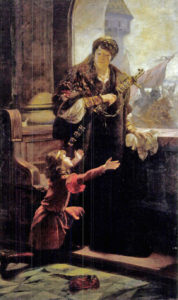
As the late King László V had no children, there were several other contenders for the Hungarian throne, including the King of Poland, the Prince of Saxony, and the German Emperor Frederick III. The latter held the Holy Crown at that time.

Finally, Szilágyi Mihály and Erzsébet agreed with the Garai family to bring Matthias home from Prague and elect him king. According to tradition, on January 24, 1458, in Buda, under the royal palace, on the ice of the Danube, where mainly Szilágyi’s mercenaries and the pro-Hunyadi nobles were present, the barely fifteen-year-old Hunyadi Mátyás was elected king, who has been remembered by the people as the righteous King Matthias ever since.

Source: https://hirado.hu/extra/tortenelem/cikk/2023/02/23/
Dear Readers, I can only make this content available through small donations or by selling my books or T-shirts:
Please, feel free to support me with a coffee here:You can check out my books on Amazon or Draft2Digital, they are available in hardcover, paperback, or ebook: https://www.amazon.com/dp/198020490X or at https://books2read.com/b/boYd81
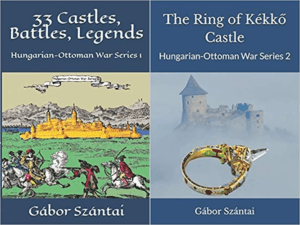
My work can also be followed and supported on Patreon: Become a Patron!http://Become a Patron!

